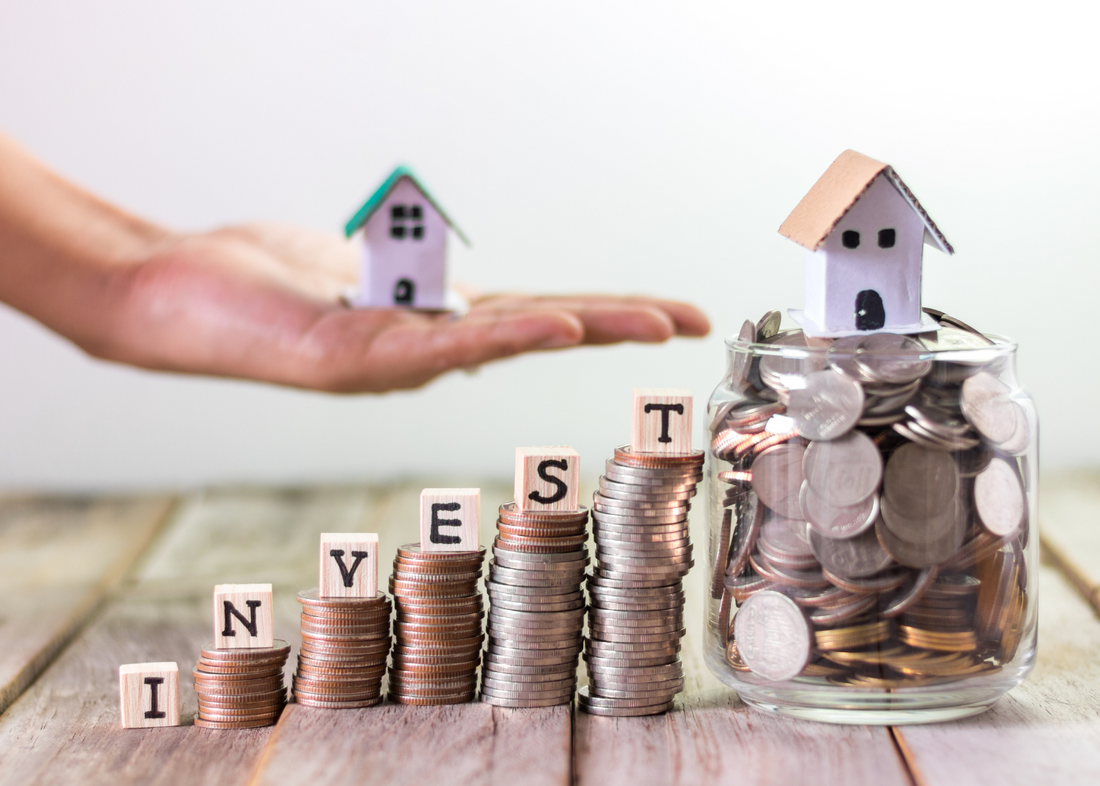What are the types of investments?

With an investment, investors want to increase the value of their investments in the medium to long term. As a rule, investments are not made for 2 to 9 months, but usually for a much longer period. There are numerous possibilities to make an investment. In addition to financial investments such as shares or bonds, these can also be investments in tangible assets such as real estate or investments in intangible assets such as patents. Here, too, the aim is to increase the value oft he investment. Be it in the form of material appreciation, rental income or the profit from buying and selling an investment.

Various investment opportunities
In addition, there are alternative investments, which do not fit into classic forms of investment such as shares, bonds and other securities. There is no binding definition for the use of the term. Nevertheless, the term "alternative investments" has gained acceptance over the years for various investment products. Examples are hedge funds, private equity (equity capital) or investments in renewable energies.
Investments span a wide variety of areas. For example, intangible assets including brands, in whose rights it is also possible to invest. In contrast, tangible investments include land or physical commodities such as gold bars and coins. Since this market is usually characterized by large buying and selling margins, the financial markets offer an alternative. There, in addition to stocks and bonds, investments can also be made in gold or other commodities.
Commodity investments
In contrast to a direct investment in a commodity, where for example gold or a gold bar is physically owned, investors in a gold investment in the financial market participate via the performance of the commodity. Without owning gold or any other commodity, a profit can be made solely through the increase in value when prices rise. As with any other investment, losses occur when gold or another commodity falls in price.

Paying attention to the futures market
Commodity investments are usually made in the futures market because it is the easiest way to invest in raw materials. However, there are some specifics that need to be taken into account. First of all, most commodities are traded in dollars, which means that investors have a dollar risk with a commodity investment, but also the chance to earn from a rising dollar.
Most commodities are traded as futures, or forward contracts. This is a standardized contract that regulates when and at what price a certain quantity must be delivered at a certain quality of the respective commodity. When the future expires, the seller must deliver the commodity and the buyer must take delivery of the commodity. However, investors want to avoid this swap and smooth out their futures positions by selling long positions (commodity purchases) through buying back short positions (commodity sales). Futures have a limited maturity, so after the maturity date, investors must switch to a new contract in order to remain invested in a commodity. Switching from one future to the next is called rolling a future.
Another form of investment is corporate investment. Here, the company invests in the procurement of physical capital for the purpose of producing goods or maintaining and developing the value of services. With the help of investments, companies want to maintain and, in the best case, improve or expand their performance.
Examples of:
| Securities investments | Shares | Bonds | Commodities (futures) | |
|---|---|---|---|---|
| Alternative investments | Alternative investments | Hedge funds | Private equity | Renewable energies |
| Tangible investments | Real estate | Raw materials | Intangible goods | Corporate investments |
No comments
Home
Trive
TriveHub





0 comments